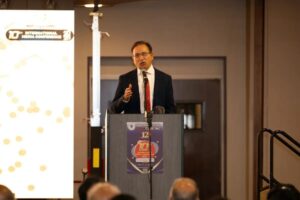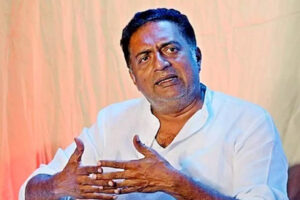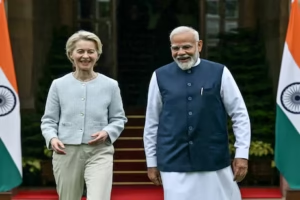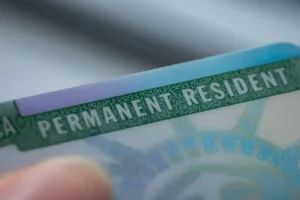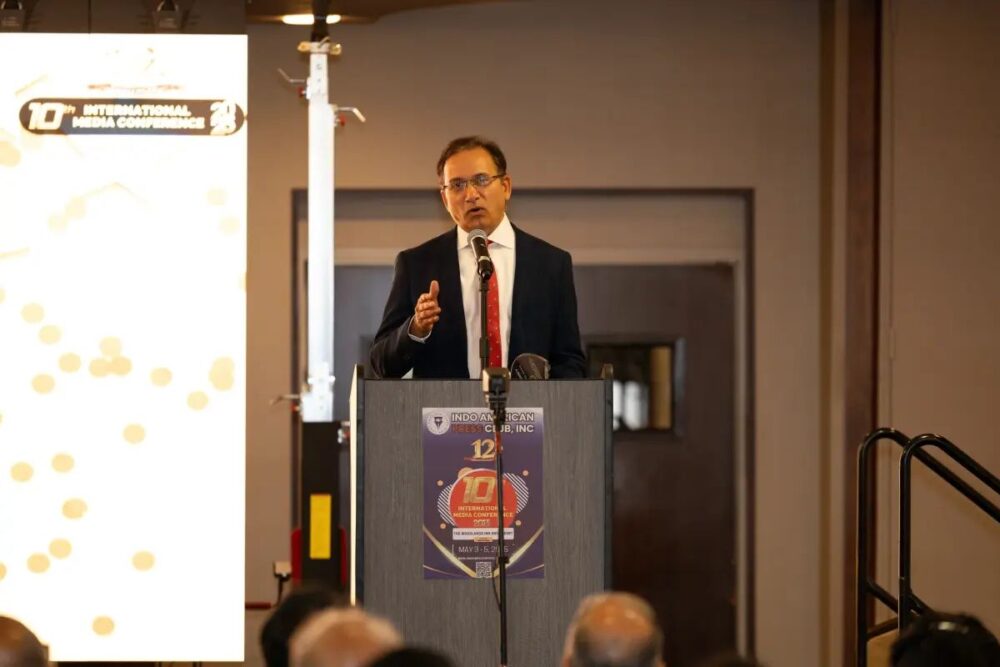The ongoing U.S. government shutdown has led to a fierce battle of blame between Democrats and Republicans, creating political tensions as the shutdown approaches its 30-day mark. Both parties face increasing liability for the deadlock, with public frustration mounting over the inability to resolve funding issues that keep federal agencies closed and workers furloughed or working without pay.
Republicans have passed a simple continuing resolution aimed at reopening the government, pointing fingers at Democrats for causing the shutdown after rejecting similar measures faced under President Biden’s administration. However, Democratic leaders and strategists acknowledge the party’s weak position, as they hold a minority status in both the House and Senate while pushing for an extension of enhanced Affordable Care Act subsidies.
Polls reveal a divided American public, with a slight edge in blame assigned to Democrats but a significant portion holding both parties responsible. Some Republican pollsters warn that the prolonged shutdown is eroding public confidence in the entire political system and could backfire electorally. The shutdown’s impact on essential services, including air traffic control and insurance subsidies, adds pressure for a resolution, especially with critical deadlines looming in November.
Political analysts note that the party controlling the executive branch often bears public blame during shutdowns, and with Republicans in charge, they have faced more criticism so far. Yet, the shifting blame dynamics suggest growing dissatisfaction with both parties, as Americans struggle with the tangible consequences of the shutdown on daily life.
Leaders on both sides express the urgent need to end the stalemate, but entrenched policy disputes make compromise difficult. The shutdown threatens to become one of the longest in U.S. history, with escalating economic and social fallout prompting calls for bipartisan action. Ultimately, the ongoing political standoff is reshaping public perceptions and could influence upcoming elections.

